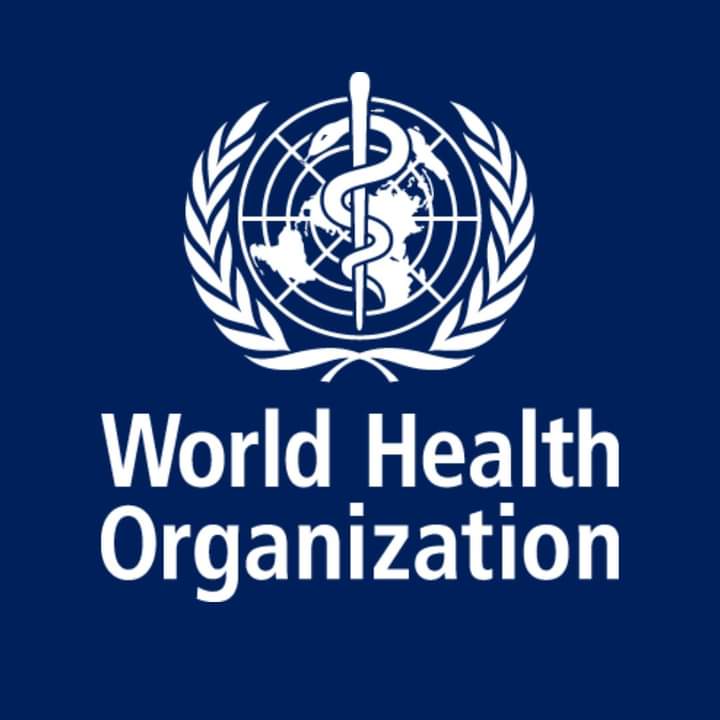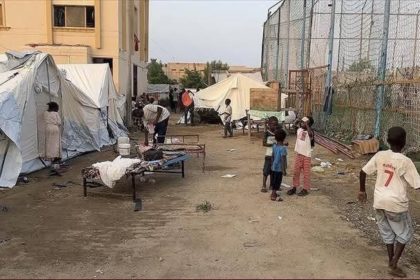By Adeyemi Adekunle
The World Health Organization (WHO) has issued a stark warning that the world remains woefully unprepared to handle a resurgence of COVID-19 epidemic, which has continued to threaten millions with severe illness and death. Speaking at a press briefing in Geneva on Tuesday, Dr. Maria Van Kerkhove, WHO’s Director for Epidemic and Pandemic Preparedness and Prevention, emphasized the ongoing threat posed by the virus.
“COVID-19 is still very much with us,” Dr. Van Kerkhove stressed. “The virus is circulating in all countries. Data from our sentinel-based surveillance system across 84 countries reports that the percent of positive tests for SARS-CoV-2 has been rising for several weeks.”
The troubling rise in cases is not limited by geography or season. In a stark illustration of the virus’s persistence, at least 40 athletes tested positive for COVID-19 at the Paris Olympics, despite stringent measures to curb the spread.
On May 5, 2023, WHO Director-General Tedros Adhanom Ghebreyesus declared the end of COVID-19 as an international health emergency. However, since then, there has been a worrying decline in the flow of critical information from countries about new infections, deaths, and other key metrics. This information vacuum has forced WHO officials to scour government websites for updates.
“On the hospitalization rates, we have seen increases in the Americas, Europe, and the Western Pacific,” Dr. Van Kerkhove reported. “Thirty-five countries out of 234 are providing this information. So, about 15% of countries and territories have that information to share with us.”
Through wastewater surveillance, WHO has determined that the actual circulation of SARS-CoV-2 is 2 to 20 times higher than reported figures suggest. This discrepancy is alarming as the virus continues to mutate, potentially leading to more severe strains that could evade detection and undermine current medical interventions, including vaccinations.
Dr. Van Kerkhove highlighted an “alarming decline in vaccine coverage” over the past two years, particularly among health workers and individuals over 60—two groups at heightened risk. “With such low coverage, if a more severe variant emerges, the susceptibility of at-risk populations to severe disease is enormous,” she warned.
Complacency appears to be a significant factor behind these trends. The WHO officials noted that the diminished impact of COVID-19 compared to earlier in the pandemic has led to a false sense of security. However, they caution that this could change rapidly as immunity from previous infections and vaccinations wanes.
The WHO is calling on countries to bolster their pandemic preparedness and response systems to handle surges in COVID-19 and other emerging threats, such as avian influenza H5N1, mpox, and dengue. The agency urges high-risk groups to receive a COVID-19 vaccine within 12 months of their last dose and recommends combining COVID-19 vaccinations with seasonal flu shots to increase uptake and protection.
“Vaccination with any of the approved vaccines will protect against severe disease and death,” Dr. Van Kerkhove stated. “It will lower your risk of developing severe disease and post-COVID conditions, also known as long COVID.”
As the global health landscape evolves, the WHO’s message is clear: vigilance, vaccination, and Epidemic preparedness are crucial to averting a renewed COVID-19 crisis.




